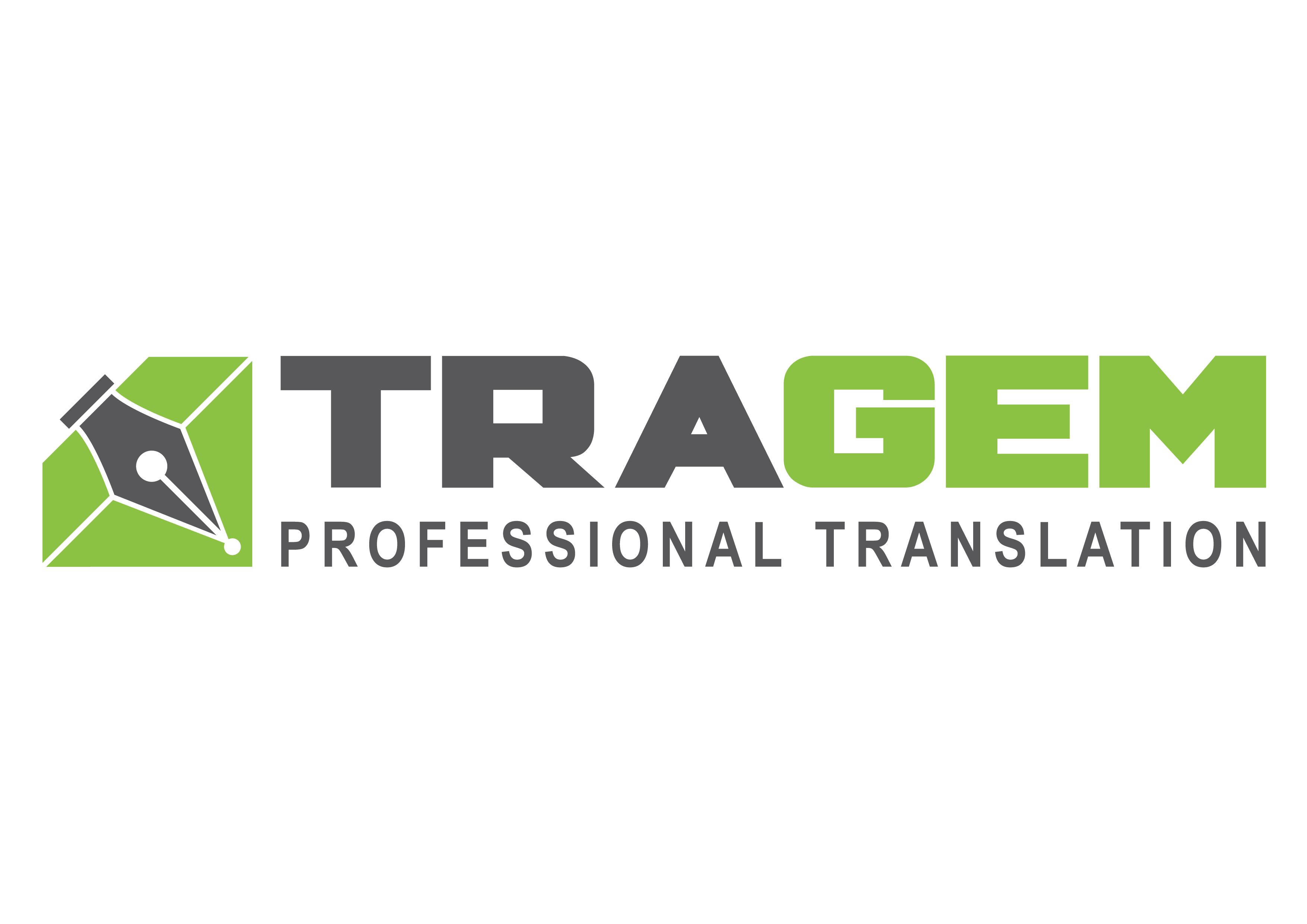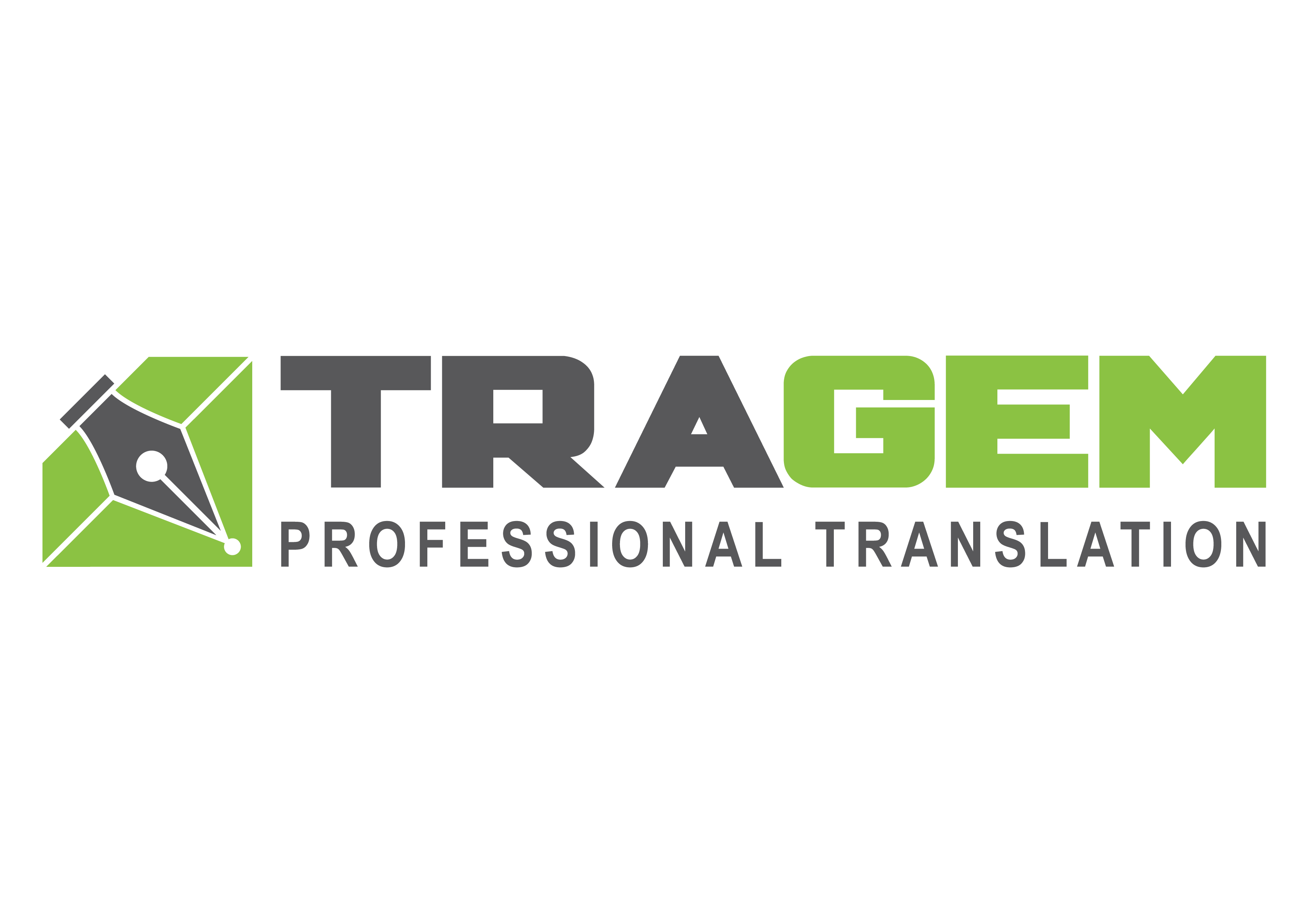Effective Communication
Mastering Effective in the Gulf Business Culture
In the vibrant and rapidly growing business landscape of the Gulf region, effective communication serves as the cornerstone of successful interactions and relationships. Understanding and adhering to the cultural norms, etiquettes, and strategies that govern business communication in the Gulf is essential for building trust, fostering collaboration, and achieving success in this dynamic marketplace.

One of the fundamental aspects of effective communication in the Gulf business culture is the emphasis on respect and hierarchy. Respect for authority and seniority is deeply ingrained in Gulf society, and addressing individuals by their titles and using formal language and gestures is customary. It is essential to acknowledge and defer to individuals of higher rank or status, demonstrating humility and courtesy in all interactions.
Moreover, maintaining professionalism and decorum is paramount in Gulf business culture. Business conversations tend to be formal and reserved, with a focus on maintaining harmony and avoiding confrontation. Politeness, patience, and diplomacy are highly valued traits, and it is essential to communicate with tact and discretion, especially when discussing sensitive topics or negotiating business deals.
Furthermore, building personal relationships and establishing trust are integral to successful communication in the Gulf business culture. Taking the time to engage in small talk, inquire about personal well-being, and show genuine interest in the lives and interests of business partners is key to forging strong connections and fostering long-term partnerships. Building rapport and trust through interpersonal relationships can significantly enhance communication effectiveness and pave the way for successful collaborations.
Additionally, understanding the role of non-verbal communication cues is essential for effective communication in the Gulf. Facial expressions, body language, and gestures convey subtle messages and nuances that complement verbal communication. Maintaining eye contact, offering a firm handshake, and displaying attentiveness and respect through attentive listening are all important aspects of non-verbal communication that contribute to effective business interactions in the Gulf.
In conclusion, mastering effective communication in the Gulf business culture requires a nuanced understanding of cultural norms, etiquettes, and strategies that govern interpersonal interactions. By demonstrating respect, professionalism, and cultural sensitivity, businesses can navigate the intricacies of Gulf business culture with confidence and build strong relationships that drive success in this dynamic and thriving marketplace. As companies continue to engage in business activities in the Gulf region, investing in effective communication strategies emerges as a strategic imperative for achieving sustainable growth and prosperity in this dynamic and rapidly evolving business landscape.







